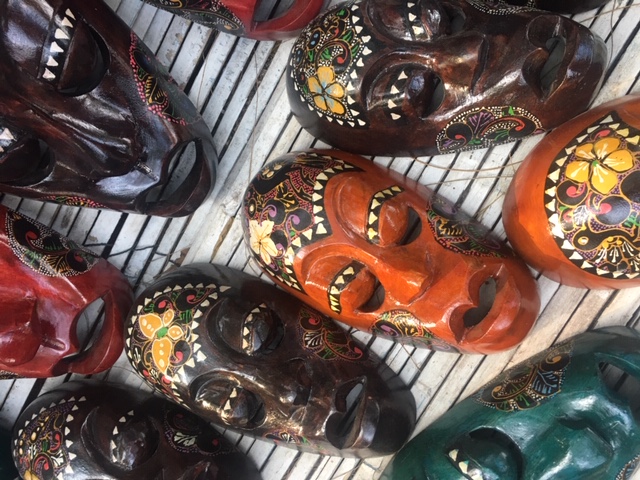
The strange relationship between fan and new media personality
By Brittney MacDonald, Life & Style Editor
I have said it many times before, and I will probably say it increasingly as we progress into the future—we live in a very strange time. The internet has afforded us many things, and it has also shaped how we see the world and interact with it. I have often talked about the globalized social structure we find ourselves in, but it has always been in a way that reflects a one-on-one interaction, for the most part. But what about the people we don’t interact with: The ones we come to know, but don’t know us? I am, of course, talking about content creators and internet personalities.
Having strange or uncomfortable interactions with fans or viewers is not a completely new thing. If you look on the internet you can find hundreds of videos where creators and live streamers describe one such meeting, and how it affected them or how it was inappropriate. Such events seem to be on the rise. My question then becomes how did we get here, and what can we do?
I think one of the magnifying factors to all of this is the general migration from video sites, such as YouTube, to live streaming sites, such as Twitch. In general, there has been a mass exodus of creators and viewers from YouTube due to their increased policing and problematic demonetization system. Twitch, due to its live nature, has always been more lenient when it comes to swearing, some sexual content, and copyright infringement—in the sense that if you play a song during a live stream broadcast, you won’t get immediately demonetized like you will with YouTube. However, due to the immediate and temporary nature of a live stream broadcast, as a viewer, you are able to see a raw side of the person you watch. You talk to them, listen to their stories, experience things with them—in essence, you get to know them. What you then need to remember, and what most people forget, is that this relationship is one-sided.
The people you watch and interact with have no real idea of who you are, so things they react positively to in the comfort of their own home or office may drastically change out in public.
I think, behaviourally, this puts the viewer in a very strange place—one where they then have to recognize and define what is appropriate and what isn’t. This becomes problematic because some people just can’t see the difference.
In my online dealings I have had a few of these experiences, though nowhere near what popular media personalities contend with. One such meeting was with someone who was a dedicated fan of mine through my Facebook page. He saw me at a convention, and proceeded to run up and hug me from behind. I screamed, but refrained from hitting him. He thought this entire interaction was hilarious—I did not. To me, despite the fact that after he had said his name I vaguely remembered speaking to him once or twice, this man was a stranger who forcefully grabbed me. What he found funny I thought was terrifying.
As someone who has read and heard similar stories—some of which being far worse—I think I have come up with a fool-proof way of determining what is okay and what isn’t. My advice is to approach these people as you would someone you’ve never met or spoken with, and allow them to make the first move. Base your behaviour on the vibes you receive from them, because it is always far easier to determine what level of comfort someone has with you by actually speaking with them.
If they seem a little distant, try not to see that as them rejecting you. It is more than likely that they are also having trouble navigating the waters of the familiar, yet unfamiliar. They could also be suffering from some sort of anxiety. Keep in mind that when you view these people online, it is often when they are at their best. It is also, usually, when they are alone and comfortable, in a space they recognize and know is safe. There is no immediate audience, so it affords them the illusion of solitude, even if they are broadcasting.
In my experience as both viewer and viewed, most online personalities and live streamers want to get to know their audience, and honestly enjoy meeting fans—as long as those fans don’t cross the line.


